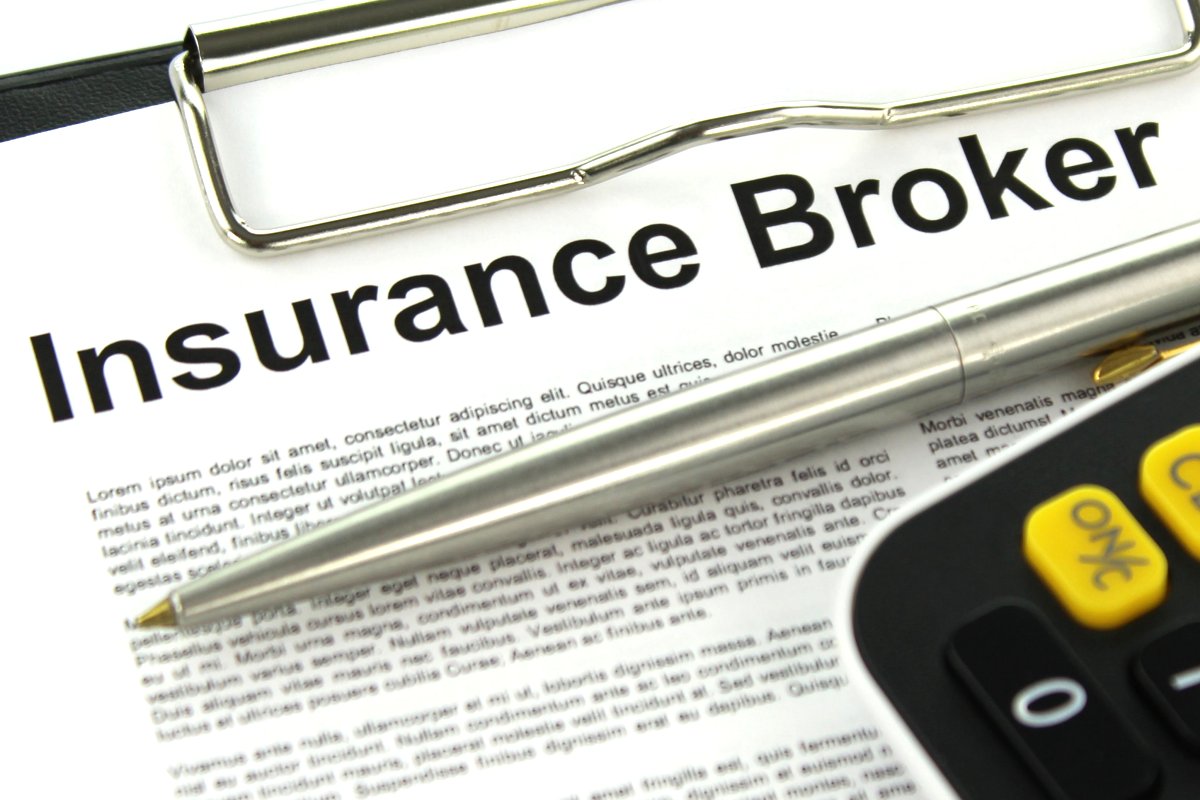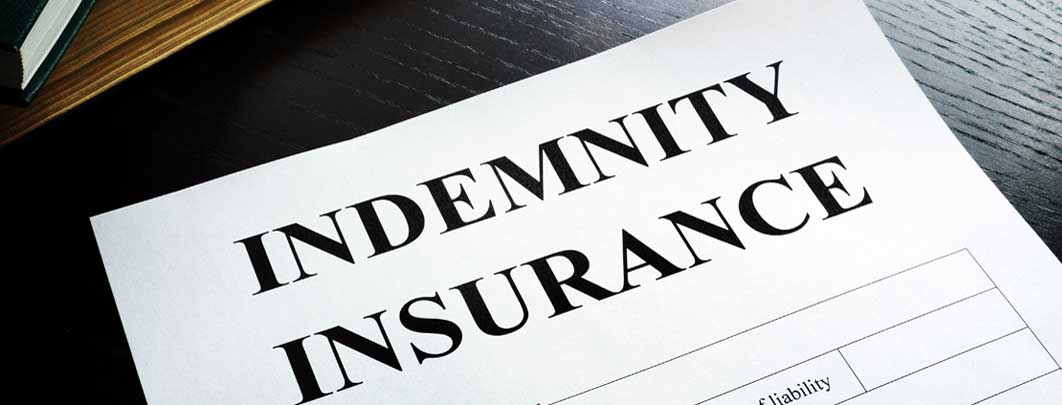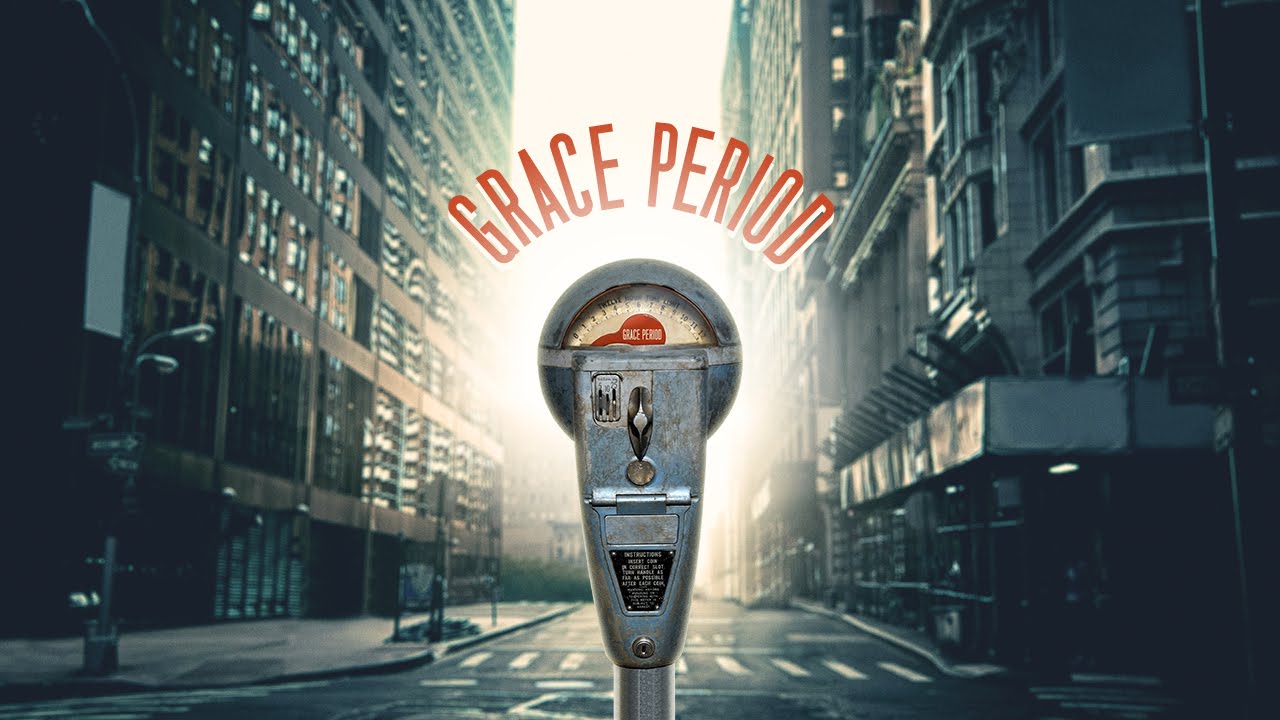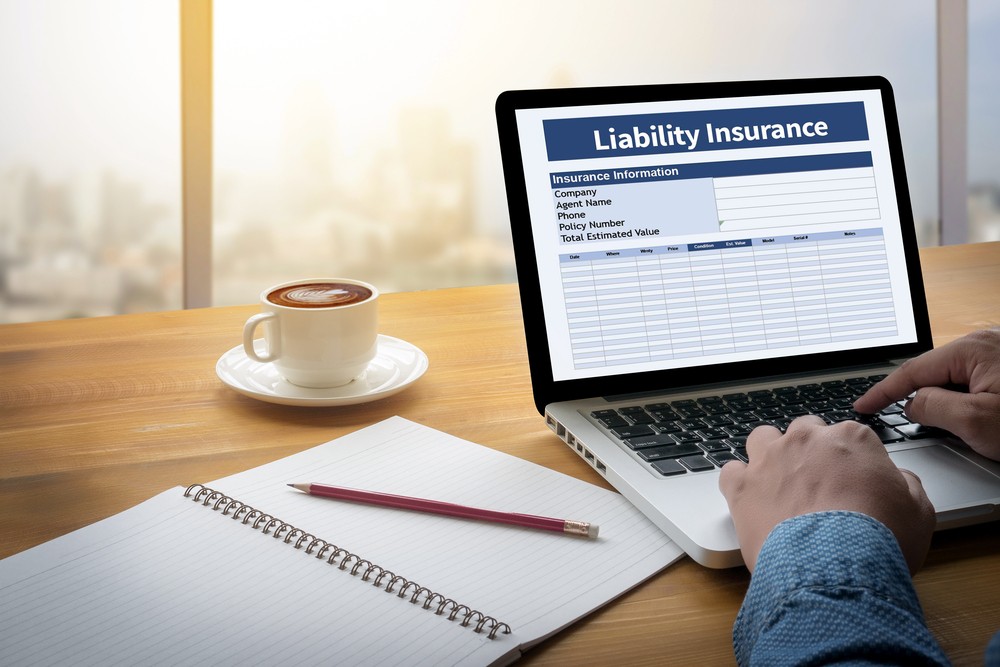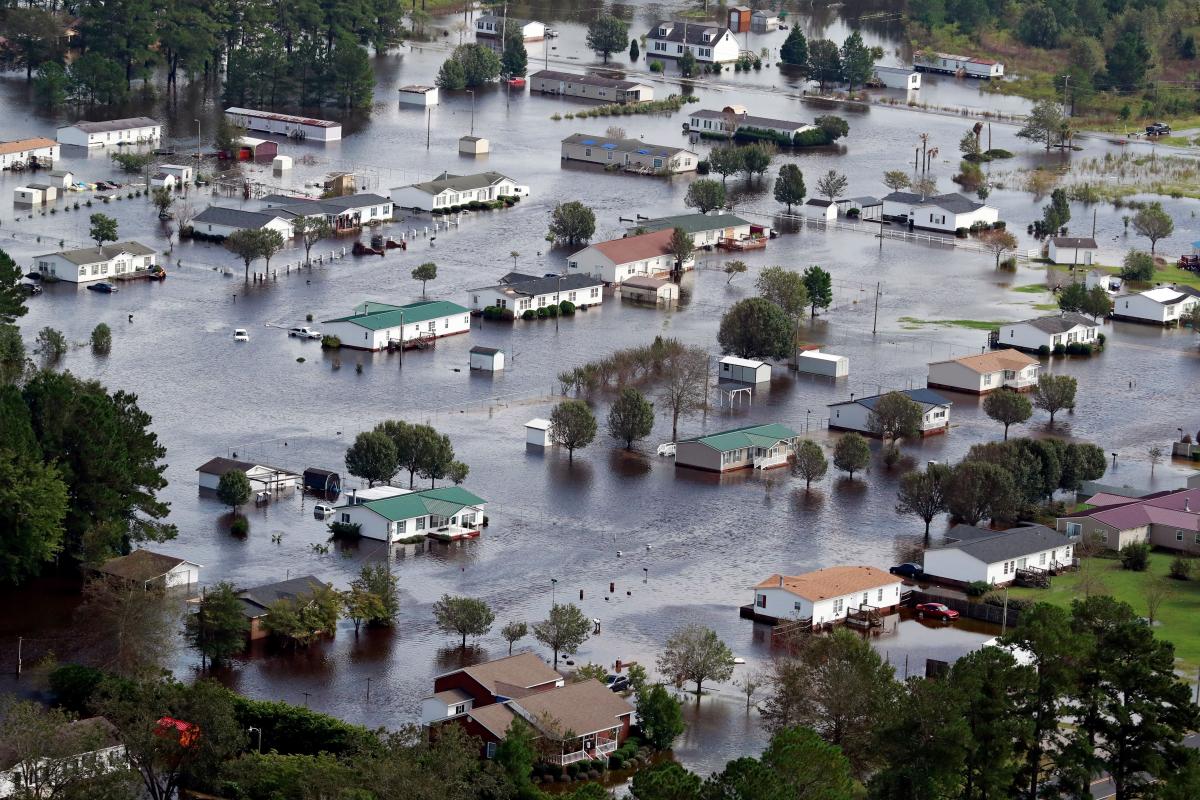Investment Income
Additional income, or profit, that’s left over after you pay your premiums and your insurance company pays its overhead and operating expenses. Your insurer reinvests these funds and uses the interest and dividends earned on investment income to pay claims of higher-than-average amounts, as well as large numbers of claims due to a single catastrophic … Read more

